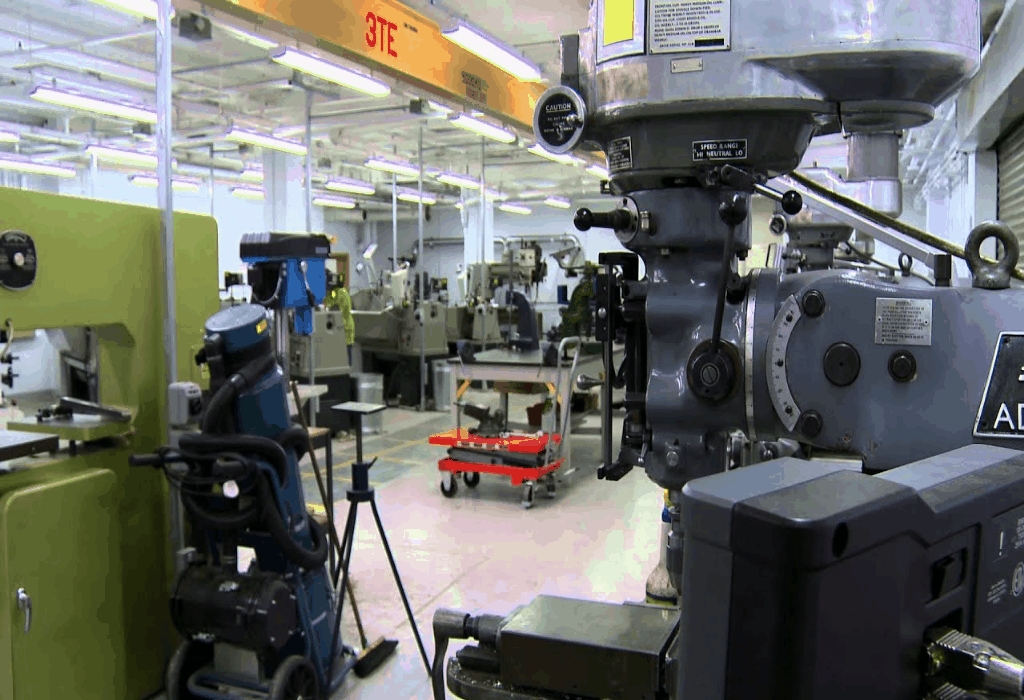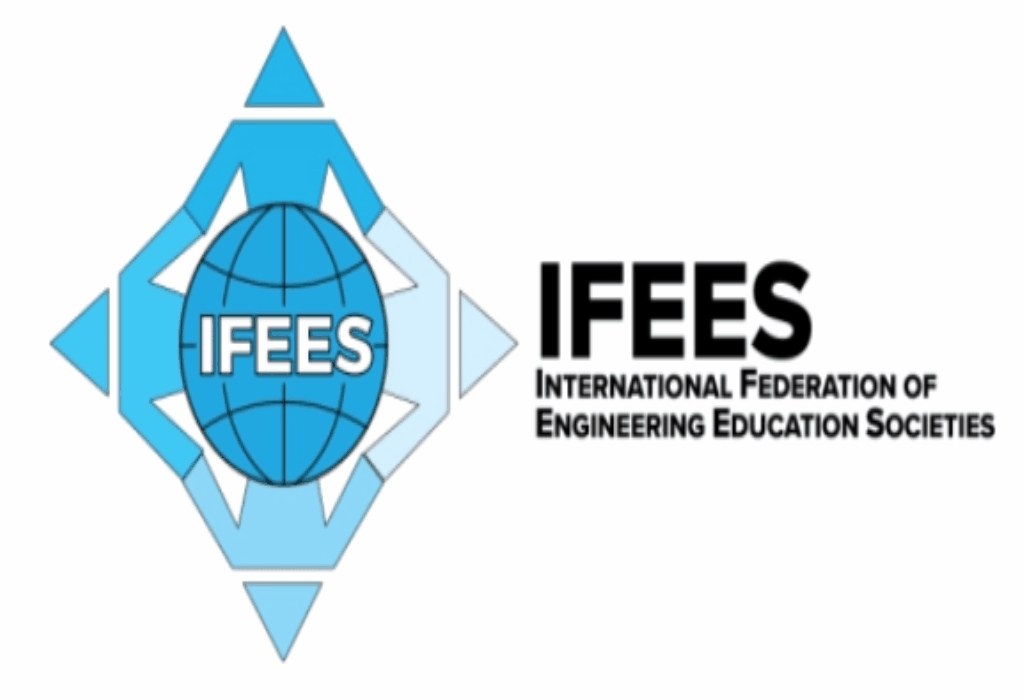In today’s rapidly urbanizing world, waste management has become more crucial than ever. As global populations grow and consumption increases, managing waste responsibly is essential for protecting the environment, conserving natural resources, and ensuring a sustainable future. This guide explores the key strategies, benefits, and best practices for effective waste management to help create a cleaner, greener planet.
Waste management refers to the collection, transportation, processing, recycling, and disposal of waste materials. These materials can be solid, liquid, or gaseous and are typically generated from households, industries, agriculture, and commercial activities. The primary goal of waste management is to minimize the negative impacts of waste on human health and the environment.
Why Is Waste Management Important?
1.Environmental Protection
Improper disposal of waste can lead to pollution of land, air, and water. Effective waste management helps reduce greenhouse gas emissions, prevent toxic contamination, and promote biodiversity.
2. Health and Safety
Poor waste management can attract pests and lead to the spread of diseases. Managing waste properly ensures a healthier and safer living environment.
3. Resource Conservation
Recycling and reusing materials reduce the need for raw materials, preserving natural resources such as water, timber, and minerals.
4. Economic Benefits
Waste management can generate jobs in collection, sorting, recycling, and composting industries. It also helps reduce the cost of raw materials through reuse and recycling.
Types of Waste
To manage waste effectively, it’s important to understand the different types:
- Municipal Solid Waste (MSW): Household and commercial waste such as food scraps, paper, plastic, and glass.
- Industrial Waste: Waste from manufacturing and industrial activities.
- Hazardous Waste: Toxic, corrosive, or flammable materials that require special handling.
- Organic Waste: Biodegradable waste like food scraps and garden trimmings.
- E-waste: Discarded electronic appliances like phones, computers, and batteries.
Effective Waste Management Strategies
1. Reduce
The first and most effective step in waste management is reducing the amount of waste generated. This can be done by:
- Choosing reusable products over single-use items
- Avoiding over-packaged goods
- Buying in bulk to minimize packaging waste
2. Reuse
Before discarding items, consider whether they can be reused. For example:
- Refill water bottles and jars
- Donate old clothes, books, or electronics
- Repurpose containers for storage
3. Recycle
Recycling transforms waste materials into new products, reducing the need for virgin resources. Common recyclable materials include:
- Paper and cardboard
- Glass bottles and jars
- Plastics (check local recycling codes)
- Metals like aluminum and steel
4. Composting
Organic waste like food scraps and yard waste can be composted to create nutrient-rich soil. Composting reduces the amount of waste sent to landfills and supports sustainable gardening practices.
5. Proper Waste Disposal
Waste disposal is the final step in the waste management process and involves safely discarding waste that cannot be reused, recycled, or composted. There are several common methods of waste disposal:
- Landfilling: Waste is buried in designated landfill sites. Modern landfills are engineered to minimize environmental harm, but they can still produce methane and leachate if not properly managed.
- Incineration: Waste is burned at high temperatures to reduce its volume. Incineration can generate energy, but it may also release harmful emissions if not controlled.
- Sanitary Disposal: This includes regulated handling of hazardous and medical waste to prevent contamination and disease spread.
- Open Dumping (Not Recommended): In some areas, waste is still dumped openly, leading to severe health and environmental hazards. Promoting safe alternatives is crucial.
Proper waste disposal ensures that non-recyclable and hazardous materials are managed in ways that reduce their long-term impact on the environment and public health.
Challenges in Waste Management
While effective waste management offers many benefits, there are still several challenges:
- Lack of Infrastructure: Many regions lack proper waste collection and recycling facilities.
- Public Awareness: Not all individuals understand how to separate and manage waste correctly.
- Illegal Dumping: Unregulated disposal can lead to environmental damage and public health risks.
- Cost: Setting up and maintaining waste management systems can be expensive, especially for developing countries.
How Individuals Can Contribute
Everyone plays a role in waste management. Here are simple actions you can take:
- Sort your waste at home (recyclables, compostables, trash)
- Educate yourself and others on local waste disposal guidelines
- Support products and companies that prioritize sustainability
- Participate in local clean-up or recycling drives
- Reduce consumption and avoid single-use plastics
Effective waste management is not just the responsibility of governments and industries—it requires active participation from individuals, communities, and organizations. By adopting smart waste practices such as reducing, reusing, recycling, composting, and ensuring proper waste disposal, we can significantly minimize environmental impact and move toward a more sustainable and cleaner future.
Together, we have the power to turn waste into a resource and create a positive impact on our planet. Start today—every small effort counts in building a cleaner environment for generations to come.












